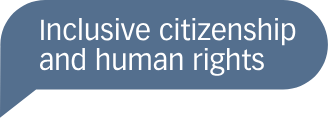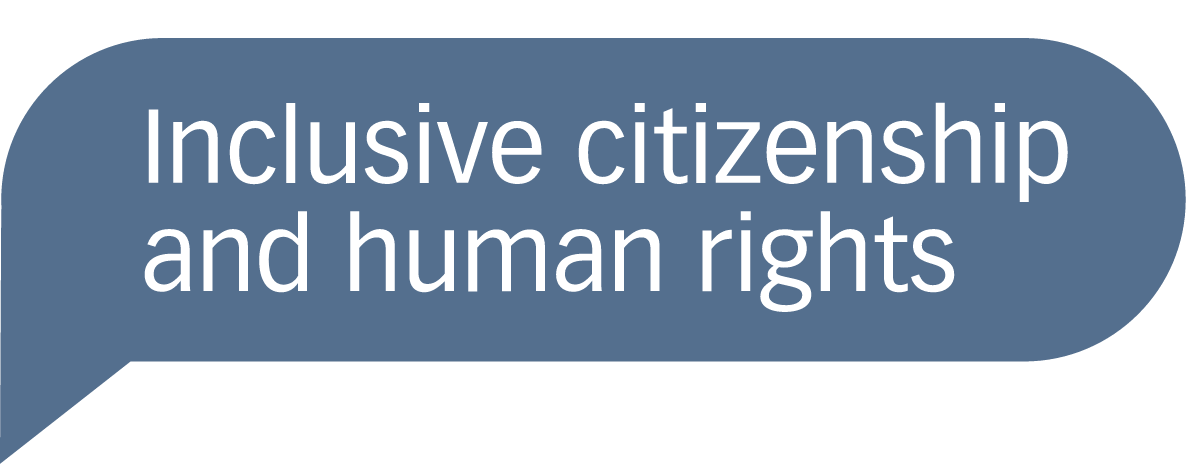
The majority in Iraq identify as Shia or Sunni Muslims. But Iraq has rich ethnic, linguistic, and religious diversity, including Yazidism, Zoroastrianism, Sabean Mandeans, Bahá’ís and various Christian denominations.
The country also has a Jewish heritage, going back to ancient times. This diversity is visible in ancient holy sites across the country, such as in Erbil, Alqosh, Amediya, Lalesh and other places.
This documentary shows the religious diversity of Iraqi Kurdistan.
Interfaith Understanding in Iraqi Kurdistan
Different religious groups have long traditions in Iraqi Kurdistan. Still, there is a need for more knowledge about their presence and history in the region, not least about Iraq’s minority groups.
The film is made by JAV, a team of young Yazidis living in Iraq. It is produced as part of the Inclusive Citizenship project at HL-senteret, with support from the Norwegian Ministry of Foreign Affairs. The film shows Muslim, Christian, Yazidis and others visiting religious minority sites in Iraqi Kurdistan.
After watching this film, here are a few questions for reflection to explore diversity:
- How can encounters with people from different faiths contribute to combating stereotypes?
- What according to you are the essential elements of a successful interfaith dialogue?
Yazidi, Christian, Shabak Muslims and others live together in and around the city of Bashiqa in northern Iraq. They did not let the attacks by the ISIS terror organization destroy their community and co-existence.
This film is produced by HL-senteret in cooperation with the film director Zahavi Sanjavi and ABV Productions and with support from NORAD, The Norwegian Agency of Devlopment Cooperation.
Religious Minorities in Iraq
Some of the religious communities in Iraq are referred to in the constitution. Several numerical minorities also have a quota of representation in both the Iraqi national and the Kurdish regional parliaments. Since 2015, the Yazidi and six other religious minorities have also had their own representative in the Kurdish regional ministry for religious affairs. Some of these groups still report they face discrimination and prejudice.
The circle of violence and impunity for perpetrators in particularly after the Yazidi genocide has created mistrust both between neighbors and groups in general. There is a need for justice and reconciliation, in which civil society in general and education in particular may play a central role.
The work of the Inter-Faith Council of Iraq is one example of initiatives that celebrates diversity as a central component of Iraqi common identity. The Alliance of Iraqi Minorities is among the civil society initiatives that aims to preserve both ethnic and religious diversity and to help rebuild trust among different components of society.
This film is about the new regional forums on the right to learn one’s own language in education, convened in 2019 by the UN Special rapporteur on minority issues.
The rich linguistic diversity in Iraqi Kurdistan and linguistic rights in school education was the topic of a seminar organised in Erbil in cooperation with the Alliance of Iraqi Minorities in 2019, with the UN Special Rapporteur on Minority Issues as one of the key note speakers.
A number of local initiatives, not least among youth, also give hope for a revival of the old Iraqi tradition for co-existence in the future.
Video Story
Inter-faith contact builds a sense of community. Join Muslims, Christians, Yazidi as they visit religious minority sites in Iraqi Kurdistan.
Additional Resources
Learn more about the Yazidi religious minority in Iraq, or visit the For Educators page for useful teaching materials on diversity and related subjects.
Related Resources
Find digital tools produced in cooperation with partners and researchers from different regions.




